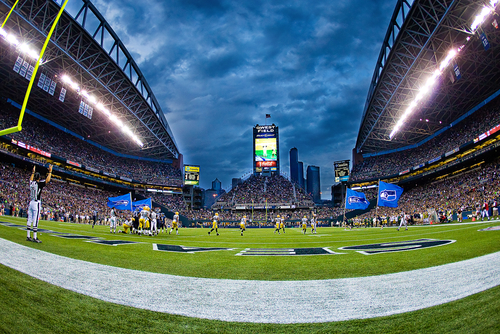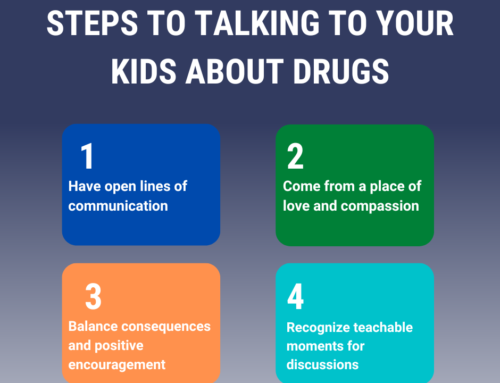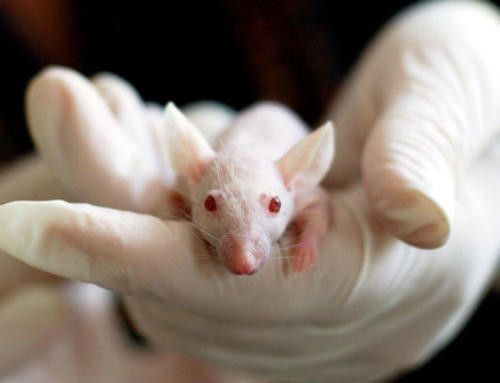Addiction can happen to anyone. Even athletes like Brett Favre who had a successful football career was tackling Vicodin addiction and alcoholism. Brett Favre recently opened up about his battle with addiction which helps break the stigma that athletes face owning up their addiction.
Brett Favre had a very successful career playing football as he was a three time NFL Most Valuable Player and 11 time Pro Bowl Selection. On November 15, 1992, Favre took his first Vicodin after separating his left shoulder during a game and did not want anyone to know the physical pain he was in. He asked a team physician if there was anything he could take for it and the doctor prescribed him with Vicodin. He would be given one or two pills at a time for various injuries.
By the end of the 1994 season, Favre was popping pills from six pills a day to fifteen. He got the pills from various teammates after complaining to them of all of the injuries he was facing. His first thought waking up would be that he needs more Vicodin and felt he could get a lot done as the Vicodin was keeping him awake. Favre experienced intense side effects from the pills like being constantly dehydrated, constipation, and nausea and vomiting.
On February 1996 after having surgery removing bone chips from his left ankle, Favre suffered a violent seizure as a side effect of quitting Vicodin cold turkey. In May 1996, Favre was forced to go into treatment at a Kansas City rehab for 72 days or he would be forced to pay a $900,000 fine. Before he went there, he went to a rehab in Louisiana for 28 days. He also went to a rehab in Rayville, Louisiana outside of Monroe. When Favre was at the rehab in Kansas City, a nurse told him that his alcoholism was a gateway drug to his Vicodin addiction but he refused to believe her. In 1998, he went back to the Kansas City rehab in 1998 for his drinking for 28 days. The first three months were the hardest for Favre as he used to play golf as an excuse to drink but realized he had to change his thought process and find another way to get better at golf without drinking. Eventually, Favre realized that he did not like drinking and is currently retired and sober.
Located in downtown Midland, The Springboard Center’s mission is to offer programs and services to treat alcohol and drug addiction treatment using an evidence based curriculum, 12 step programs, diet, nutrition, exercise, emotional, mental and spiritual development for a long recovery. For more information, please call us at 432-620-0255 as we are open 24 hours a day, 7 days a week.




